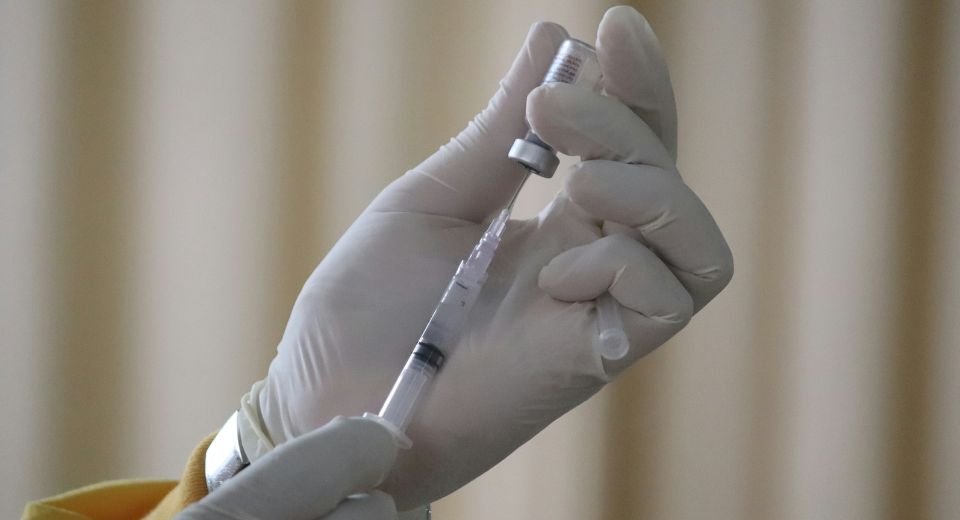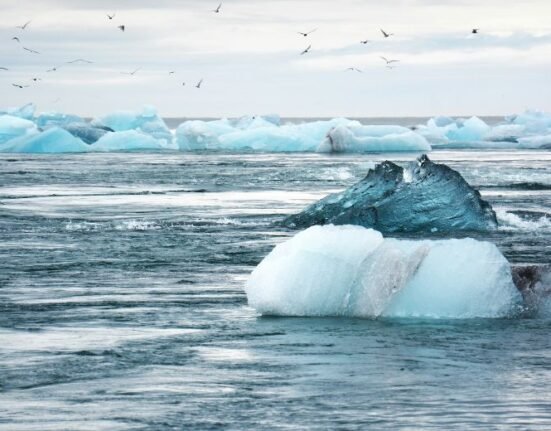HQ Team
May 15, 2024: The World Health Organization has prequalified a dengue vaccine for children made by Japan’s Takeda Pharmaceutical Company — the third-largest drug firm in Asia.
Takeda’s TAK-003 is the second dengue vaccine to be prequalified by the global health agency, according to a WHO statement.
WHO recommended the use of TAK-003 in children aged 6–16 years in settings with high dengue burden and transmission intensity. “The vaccine should be administered in a 2-dose schedule with a 3-month interval between doses.”
“The prequalification of TAK-003 is an important step in the expansion of global access to dengue vaccines, as it is now eligible for procurement by UN agencies including UNICEF and PAHO,” said Dr Rogerio Gaspar, WHO Director for Regulation and Prequalification.
“With only two dengue vaccines to date prequalified, we look forward to more vaccine developers coming forward for assessment so that we can ensure vaccines reach all communities who need it.”
Sanofi Pasteur
WHO vaccine prequalification is a service provided to UNICEF and other UN agencies that procure vaccines.
The goal of WHO vaccine prequalification is to ensure that vaccines used in immunisation programmes are safe and effective.
Prequalification also supports the specific needs of national immunisation programmes about vaccine characteristics such as potency, thermostability, presentation, labelling and shipping conditions.
As a result, more people can be vaccinated with safe, effective and quality vaccines because immunisation programme managers can plan, select and procure appropriate products.
The WHO prequalification list also includes CYD-TDV vaccine against dengue developed by Sanofi Pasteur.
Climate change
Dengue is a vector-borne disease transmitted by the bite of an infected mosquito. Severe dengue is a potentially lethal complication that can develop from dengue infections.
It is estimated that there are over 100-400 million cases of dengue worldwide each year and 3.8 billion people living in dengue-endemic countries, most of which are in Asia, Africa, and the Americas.
The largest number of dengue cases reported was in 2023 with the WHO Region of the Americas reporting 4.5 million cases and 2,300 deaths. Dengue cases are likely to increase and expand geographically due to climate change and urbanisation.








